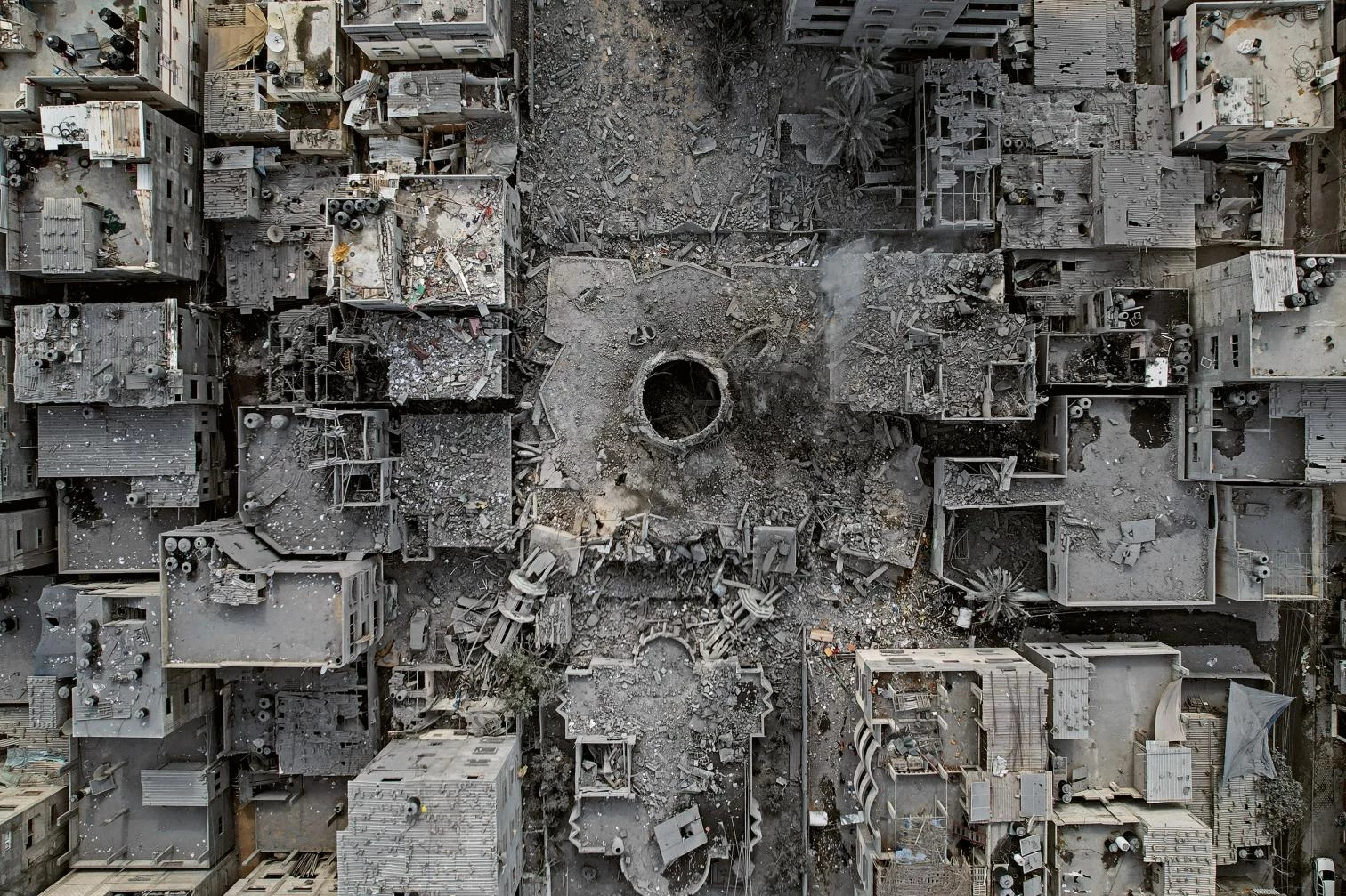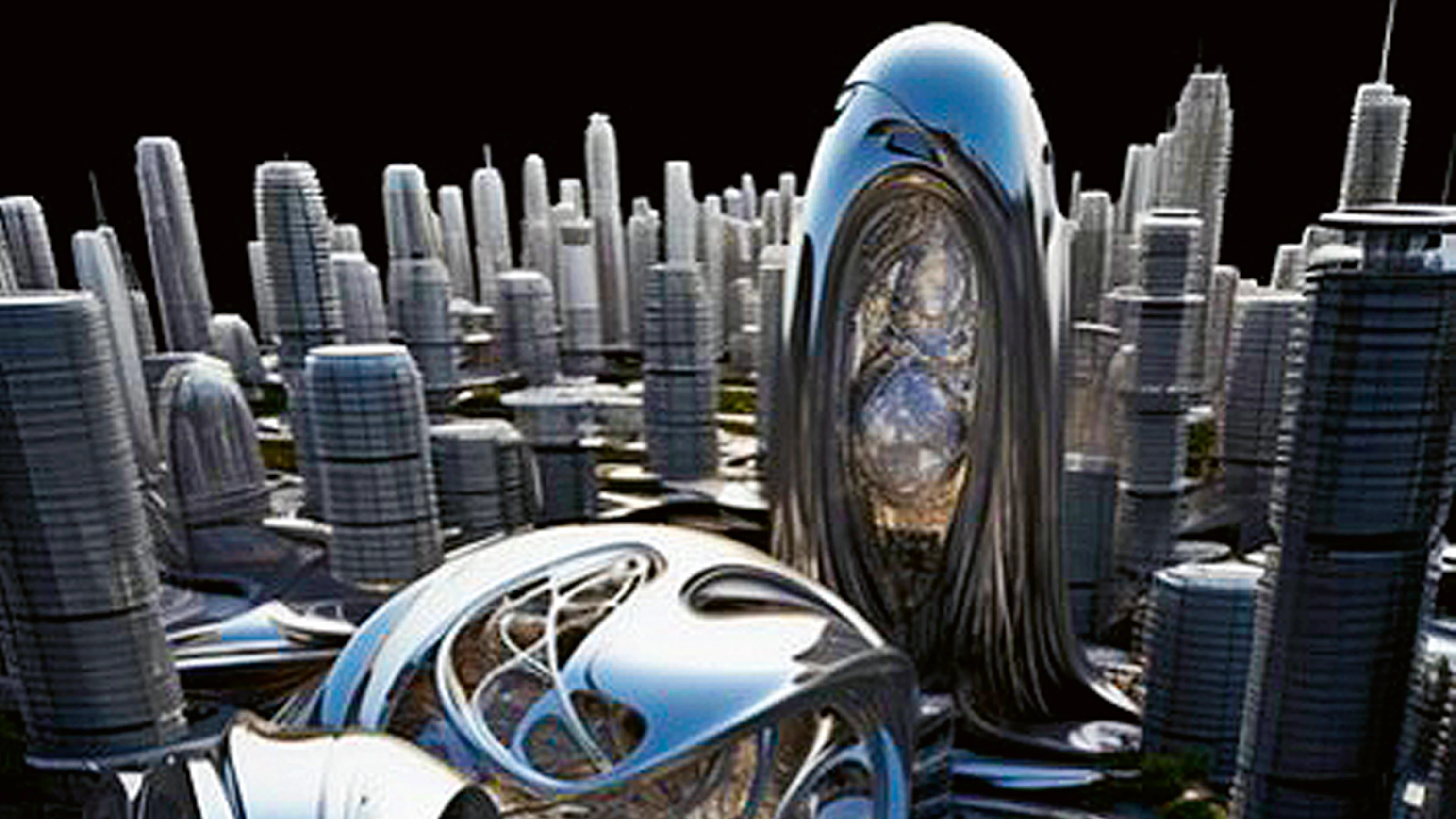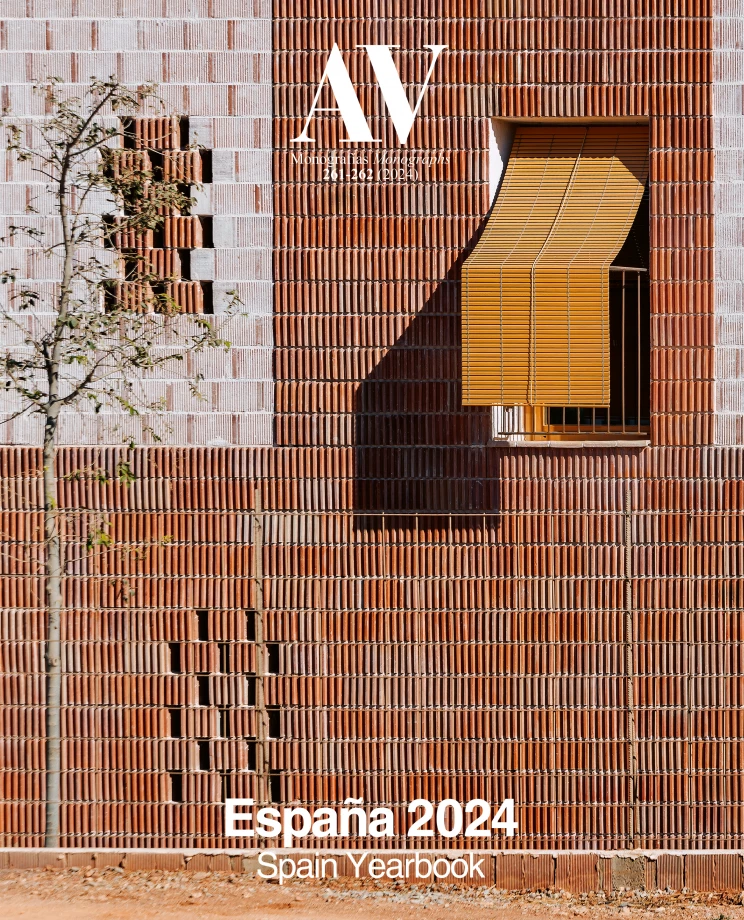
The year of artificial intelligence and of the war in Gaza has also been the one that has let the voices of the Global South be heard more clearly. After a year of universal use of ChatGPT, AI rises on the horizon as an extraordinary technological advance that is going to change everything, in a process of social and economic mutation plagued with civilizational risks; and three months after the ominous attack of Hamas against Israel, the devastation of the Gaza Strip has opened a geopolitical abyss whose action-reaction cycle at the same time fuels the anti-semitism embedded in many societies and the latent islamophobia in many migratory destinations. Along with these events, the emergence of a Global South distant in its priorities and interests from those of the West is a more blurred phenomenon, but no less essential, and which materializes at every juncture with sharper edges. Already in 2022 the war of Ukraine was perceived by many countries as a conflict between the United States and Russia that did not affect them directly, and in which they did not need to take sides, and in the latter part of 2023 an even higher number of nations has perceived in the decisions about the Gaza war a clear demonstration of the double moral standards of the West.
Some members of the Global South have experienced significant changes: Brazil witnessed the transit from Bolsonaro to Lula, and Argentina from Alberto Fernández to Javier Milei, but the protagonism of the two largest South American countries was hindered by severe environmental and economic challenges; in contrast, the Turkey of Erdogan celebrated its centenary with a growing international presence, Saudi Arabia and the Gulf regimes exploited their oil prosperity acquiring a relevant place in sports, and the India of Modi became the most populated nation of the planet, and perhaps the one that with greater conviction asserts its geopolitical weight. Among all the voices, that of China was inevitably the most heard, even though the strict pandemic measures, the restrictions on its technological companies, and the threatening real estate bubble have slowed down its unstoppable growth, which did not keep the country from leading the expansion of the BRICS (Brazil, Russia, India, China, and South Africa) to Argentina, Saudi Arabia, Iran, Ethiopia, Egypt, and the United Arab Emirates, to form a block ideologically independent from the Western democracies, threatened from within by the rise of illiberal movements.
The political fracture of the world, and the revision of the logistic networks to face pandemic or war emergencies have rolled back the globalization of the past decade, valuing security of supply over cost reduction. High prices and scarcity have increased dissatisfaction and inequality, exacerbating populist currents in developed countries and accelerating migratory flows in peripheral territories, where the upheavals caused by conflicts have been intensified by the climatic impact of droughts and famines. The COP28 met in Dubai in this context of instability, and the new experience of celebrating a climate summit in an oil-rich country gave way to a final declaration that calls to gradually transition away from fossil fuels, but – as was underlined there – this decision will only have the value given by its enforcement by the parties.
In our immediate environment, Europe has experienced setbacks in its internal cohesion, and the hopes sparked by the community response to the Covid-19 pandemic crisis and to the energy crisis provoked by the Ukraine war have had the somber reverse of the division in the face of the Israel-Palestine conflict, or the fear of losing the U.S. military protection that could result from its priority attention to the Pacific in the context of the struggle for hegemony with China, a fear accentuated by the geopolitical unpredictability of a second term of Donald Trump. Now more precariously protected by the European Union, both in the field of security, and in institutional and economic terms, our own country has sadly suffered an increased political and ideological division, making the social structures that secure coexistence more fragile, and also harming competitiveness in an increasingly demanding international context.
Descending to the specific field of architecture, titanic urban initiatives like the new Egyptian administrative capital or the Saudi linear city advanced in tune with the Asian megacities or the sweetened American suburban residential developments, while the planet witnessed the culmination of the annual quota of emblematic buildings. But in most of the world’s prosperous areas, the increase of real estate prices – caused by the multiplication of energy and material costs and by the tourist pressure on urban centers – gave rise to important tensions in the housing market, placing it again under the radar of regulators, developers, and architects. Informal settlement, in any case, continued to play a leading role in the creation of urban fabric, and education and health infrastructures remained the most profitable investment to improve the quality of life of populations and the personal expectations for its children and youngsters.






